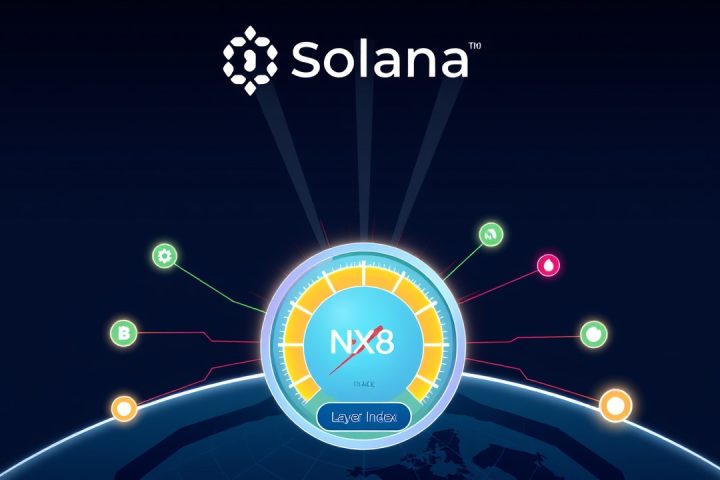Formation of the Ethereum Protocol Advocacy Alliance
In a significant move for the Ethereum ecosystem, seven prominent protocols have united to form the Ethereum Protocol Advocacy Alliance (EPAA), aimed at empowering users to manage their assets autonomously while navigating transactions without intermediaries. This collaborative effort establishes a formidable voice that ensures the safeguarding of an estimated $100 billion in crypto assets that rely on decentralized infrastructure.
Members and Objectives
Members of this alliance include notable entities such as Aave Labs, Aragon, Curve, Lido Labs Foundation, The Graph Foundation, Spark Foundation, and Uniswap Foundation. Their initiative marks a pivotal moment in collective advocacy for policies that support Ethereum’s decentralized framework and its global user base.
Importance of Decentralization
Lido Labs Foundation’s Chief Legal Officer, Sam Kim, stressed the importance of decentralization, stating, “Decentralization is the foundation of Ethereum’s credibility and resilience. Through the EPAA, we’re ensuring that policy recognizes and protects this principle.“
This formation comes at a time of increasing public interest and investment in digital assets, as revealed by the Crypto Survey 2025, conducted by Strategy & PwC, which showed that retail investors are allocating between 5% and 20% of their portfolios to cryptocurrencies. Amidst a landscape where protocol infrastructure is frequently misunderstood and overlooked, the EPAA aims to ensure that regulations accurately reflect the operational realities of on-chain protocols.
Advocacy and Research Insights
Anthony Leutenegger, CEO of Aragon, highlighted the complexity of on-chain system development: “We’ve seen firsthand the technical and practical complexities involved. Aligning the most credible protocol teams will help us achieve regulatory outcomes that support the innovative builders in this space.“
Research by the DeFi Education Fund and Ipsos showed that a substantial 56% of Americans favor self-custody of their assets. Additionally, a majority believe in the right to transfer digital currencies independently of intermediaries.
Partnerships and Principles
To strengthen its advocacy efforts, the EPAA will partner with various organizations, including the DeFi Education Fund, Decentralization Research Center, and European Crypto Initiative. Connor Spelliscy, the executive director of the Decentralization Research Center, emphasized that the EPAA is pivotal in ensuring that decentralized system builders are influential in establishing the regulations that govern these technologies.
The coalition stands by four key principles:
- Maintaining the neutrality of protocol code against regulatory interventions
- Promoting on-chain transparency to aid compliance
- Protecting innovation through flexibility in regulations
- Ensuring global, unrestricted access to decentralized finance (DeFi) services
Significantly, the EPAA will function as a dynamic coalition without formal leadership or a set budget, highlighting its flexible approach to advocacy and collaboration.




